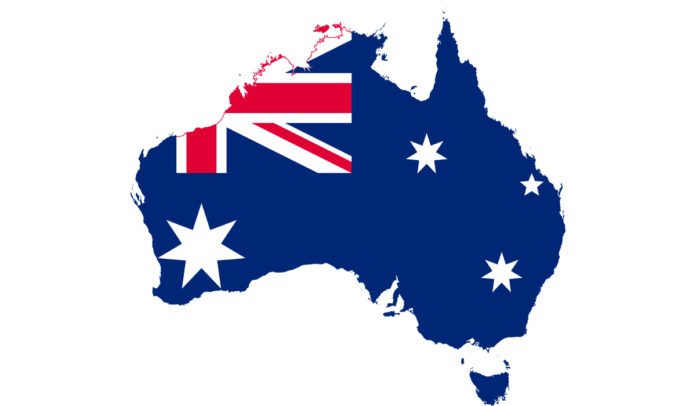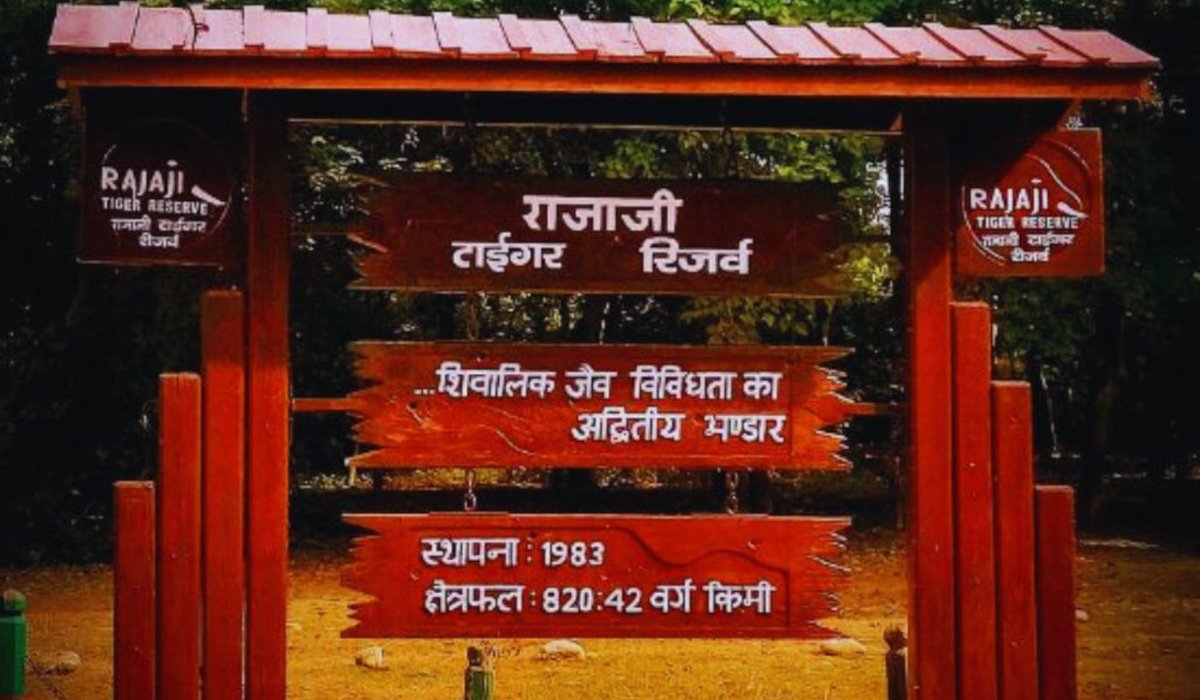Australia has formally recognised the State of Palestine, joining the United Kingdom and Canada in a coordinated move announced on 21st September ahead of the United Nations General Assembly. The decision is intended to revive momentum for a negotiated two-state solution and to push parties toward a ceasefire in Gaza.
Prime Minister Anthony Albanese and Foreign Minister Penny Wong described the recognition as conditional and pragmatic. Canberra said the step followed assurances from Palestinian leaders that militant groups such as Hamas would have no role in any future government and that political reforms would be pursued. Officials framed the move as an effort to strengthen the diplomatic path to peace rather than to reward violence.
The announcements from London and Ottawa were made on the same day, highlighting a coordinated Western push to revive the two-state framework. Leaders in each country stressed that recognition did not mean endorsement of armed groups, but rather an effort to tie statehood to governance benchmarks and diplomatic obligations.
Israel swiftly condemned the recognitions, calling them counterproductive and claiming they would not help end the conflict. Israeli leaders argued that recognition effectively rewarded those behind attacks on civilians. The United States also expressed reservations, voicing concerns about the timing and effectiveness of the move.
Diplomats and analysts believe the coordinated decisions reflect rising international pressure over civilian suffering in Gaza and the need to preserve the idea of Palestinian statehood as the foundation for a lasting peace. Recognition at this stage, they argue, is aimed at reinforcing the legal and political standing of Palestinian institutions while also providing leverage for humanitarian access and diplomatic negotiations.
The immediate consequences are expected to be largely diplomatic. Countries that recognise Palestine generally move to strengthen bilateral ties, open channels for aid, and engage in institution-building efforts. These steps often include upgrading missions and encouraging Palestinian participation in international forums. Israel has warned that the decisions could strain its relations with the three countries and complicate cooperation in other areas.
Dozens of nations have already recognised Palestine since the mid-20th century, though the political context has shifted over the decades. Supporters of recognition maintain it helps preserve the two-state option and keeps alive prospects for dialogue. Critics argue that unilateral steps risk entrenching divisions and discourage direct talks between the two sides.
As the United Nations General Assembly convenes in New York, attention will turn to whether the recognitions by Australia, the UK, and Canada influence broader international policy and open new avenues for negotiations in the conflict.


























